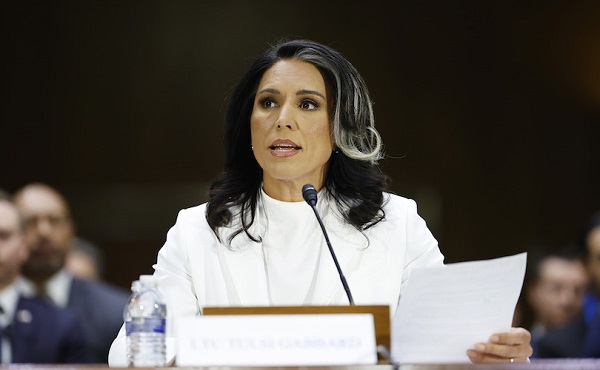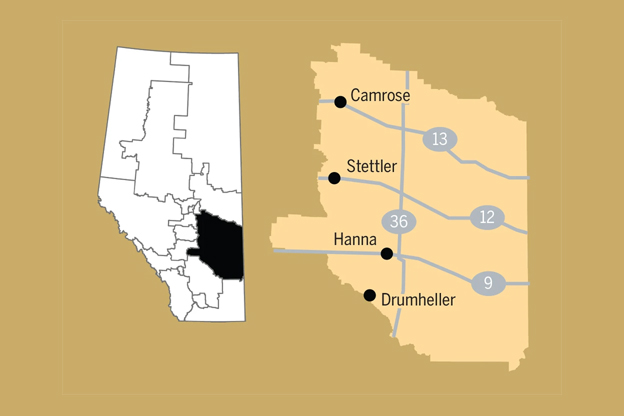Media
Trudeau claims Canada must subsidize CBC to ‘protect our democracy’
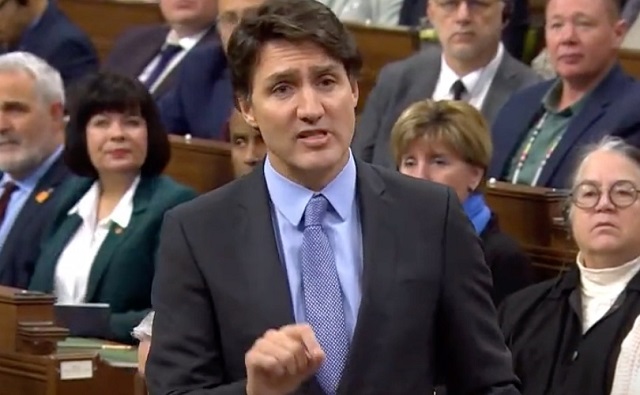
From LifeSiteNews
Trudeau failed to explain how the CBC could be an unbiased news source for Canadians when it is being funded by the Liberal party.
Prime Minister Justin Trudeau claims that Canada must continue to subsidize mainstream media outlet CBC to “protect our democracy.”
During the January 31 question period in the House of Commons, Trudeau promised continued funding for the Canadian Broadcasting Corporation (CBC), Canada’s public radio and television broadcaster, arguing that the state-funded outlet is necessary for Canada’s democracy.
“At a time of misinformation and disinformation, and the transformation of our media and digital era, we need CBC/Radio Canada to be strong to protect our culture, to protect our democracy, and to tell our stories from one end of the country to another,” Trudeau said.
“We’ll always be here to defend CBC/Radio Canada, and we are going to seek to make necessary investments … to fulfill their mandate to inform and to strengthen democracy here in Canada,” he continued.
Justin Trudeau has the gall to say that state-run media like the CBC is good for democracy! Oh yeah, it's good for the government to subsidize all the media too. pic.twitter.com/QRWtcaPGm0
— David Krayden (@DavidKrayden) February 1, 2024
Trudeau’s statement was in response to a request from Quebec Member of Parliament Martin Champoux (BQ-Drummond) for increased government funding for the Quebec division of CBC, Radio Canada.
Trudeau pointed out that the Liberal government is already massively subsidizing the mainstream media.
“Supporting journalists and local media is very important for this government, particularly at this time that is challenging,” he stated.
Ironically, Trudeau celebrated Bill C-18, the Online News Act, a law which mandates that Big Tech companies pay to publish Canadian content on their platforms.
“This is why we put forth [Bill] C-18 which will help our journalists at all levels to continue operating,” Trudeau stated. “We’ll be here to support a free and independent press. That is professional. We know there’s a lot of work to be done still.”
However, thanks to his law, Canadians can no longer view or share news on Meta, the parent company of Facebook and Instagram, which blocked all access to news content in Canada rather than pay the fees outlined in the new legislation. Google, on the other hand, agreed to pay Canadian legacy media $100 million.
Additionally, Trudeau failed to explain how CBC could be an unbiased news source for Canadians when it is being funded by the Liberal party.
Indeed, many Canadians have pointed out that the massive subsidies have made the CBC into a wing of the Liberal party.
In April, Conservative Party leader Pierre Poilievre labeled the CBC a “biased propaganda arm of the Liberal Party and frankly negatively affects all media.”
“For example, Canadian Press is negatively affected by the fact that you have to report favourably on the CBC if you want to keep your number one, taxpayer-funded client happy,” he said.
“We need a neutral and free media, not a propaganda arm for the Liberal Party… When I am prime minister, we are going to have a free press where every day Canadians decide what they think rather than having Liberal propaganda jammed down their throats.”
Poilievre added that if he becomes prime minister he will cut “corporate welfare,” including money to the CBC.
Despite being nominally unaffiliated with either political party in Canada, CBC takes in about $1.24 billion in public funding every year. This is roughly 70 percent of its operating budget.
That subsidies are the CBC’s largest single source of income has become a point of contention among taxpayers who see the propping up of the outlet as unnecessary.
Furthermore, the CBC was set to receive increased funding thanks to the deal with Google that followed the passing of Trudeau’s Online News Act.
The deal was finalized in early December. Under the new agreement, Google will pay legacy media outlets $100 million to publish links to their content on both the Google search engine and YouTube.
As a result of the government handouts and the Google agreement, roughly half the salary of a CBC journalist earning $85,000 is estimated to be paid by the combined contributions of the Trudeau government and Google.
Additionally, Trudeau recently announced increased payouts for legacy media outlets ahead of the 2025 election. The subsidies are expected to cost taxpayers $129 million over the next five years.
However, even these massive payouts may be insufficient to keep the CBC relevant amid growing public distrust in mainstream media.
According to a recent study by Canada’s Public Health Agency, less than a third of Canadians displayed “high trust” in the federal government, with “large media organizations” as well as celebrities getting even lower scores.
Large mainstream media outlets and “journalists” working for them scored a “high trust” rating of only 18 percent. This was followed by only 12 percent of people saying they trusted “ordinary people,” with celebrities receiving only an eight percent “trust” rating.
Media
CBC retracts false claims about residential schools after accusing Rebel News of ‘misinformation’

From LifeSiteNews
CBC has issued a correction after falsely accused Rebel News of spreading misinformation while itself promoting the false claim that remains of Indigenous children were found in unmarked graves at residential schools.
The Canadian Broadcasting Corporation (CBC) has issued a correction after blaming Rebel News of “misinformation” while spreading false information itself.
On April 17, CBC corrected a comment from chief political correspondent Rosemary Barton who accused Rebel News reporter Drea Humphrey of spreading “misinformation,” while repeating the false claim that bodies have been found in unmarked graves at Indigenous residential schools.
“Yes, there have been remains of Indigenous children found in various places across the country,” Barton falsely stated during a live broadcast following the French-language federal election leaders’ debate.
Her comment was in reference to New Democratic Leader (NDP) Jagmeet Singh refusing to answer a reporter’s question whether he would condemn the rash of church burnings and acts of vandalism across Canada.
“In this case you saw Mr. Singh, and this has been his position for some time, to refuse to answer questions,” Barton said during the live stream.
“Rebel News in particular traffics in misinformation, lack of facts, and as you heard in that question, which was woven with some truth and some things that weren’t true,” she claimed.
“Yes, there have been burnings of Christian, Catholic churches,” she admitted.
“Yes, there have been remains of Indigenous children found in various places around the country, which she misrepresented,” Barton falsely stated.
Despite mass excavations, there have still been no mass graves discovered at any residential schools across Canada, but politicians and media continue to promote the false narrative.
CBC was quickly called out for their false statement, which ironically came at the same time as accusing another media outlet of spreading “misinformation.”
However, even in their correction statement, CBC failed to mention that, to date, no human remains have been discovered.
“As CBC News has reported on multiple occasions, what several Indigenous communities across Canada have discovered on the sites of some former residential schools are potential burial sites or unmarked graves,” the statement read.
However, CBC is now well known for pushing the false narrative that hundreds of children were buried and disregarded by Catholic priests and nuns who ran some of the schools. As a consequence of that false narrative, since 2021, over 100 churches have been burned or vandalized across Canada in seeming retribution.
Indeed, in addition to perpetuating the “mass graves” narrative, media and politicians have even threatened to punish those who oppose it. In October 2024, CBC ran a story which suggested that “residential school denialism” should be criminalized.
John Stossel
Climate Change Myths Part 1: Polar Bears, Arctic Ice, and Food Shortages

From StosselTV
Climate zealots tell us the end is near. It’s the era of “global BOILING!” says the UN Secretary General. Climate alarmists say the Arctic will soon be ice-free and cities will be underwater! But what do the facts say?
The facts say that the climate change fanatics’ catastrophic claims are wrong.
In this video and the next, we’ll debunk 7 myths about climate change.
First up: melting ice, polar bear extinction, and climate change famines.
Here are the sources for this video:
No new record low summer ice extent observed since 2012. https://agupubs.onlinelibrary.wiley.c…
Satellite data show average annual sea ice volume largely stable since 2010: https://psc.apl.uw.edu/wordpress/wp-c…
Total arctic ice mass: http://psc.apl.uw.edu/research/projec…
Polar Bear Estimates 1993-today: https://www.iucn-pbsg.org/wp-content/…
1981: https://portals.iucn.org/library/site…
1960s: https://www.google.com/books/edition/…
Global agricultural output: https://ourworldindata.org/grapher/ag…
NASA Greening study: https://www.nasa.gov/centers-and-faci…
Malnutrition deaths: https://ourworldindata.org/grapher/ma…
Coffee production: https://www.fao.org/faostat/en/#compare
After 40+ years of reporting, I now understand the importance of limited government and personal freedom. ”
——————————————
Libertarian journalist John Stossel created Stossel TV to explain liberty and free markets to young people.
Prior to Stossel TV he hosted a show on Fox Business and co-anchored ABC’s primetime newsmagazine show, 20/20.
Stossel’s economic programs have been adapted into teaching kits by a non-profit organization, “Stossel in the Classroom.” High school teachers in American public schools now use the videos to help educate their students on economics and economic freedom. They are seen by more than 12 million students every year.
Stossel has received 19 Emmy Awards and has been honored five times for excellence in consumer reporting by the National Press Club. Other honors include the George Polk Award for Outstanding Local Reporting and the George Foster Peabody Award.
_ _ _ _ _ _
In order not to miss the next video from Stossel TV, sign up here: https://johnstossel.activehosted.com/f/1
_ _ _ _ _ _
-
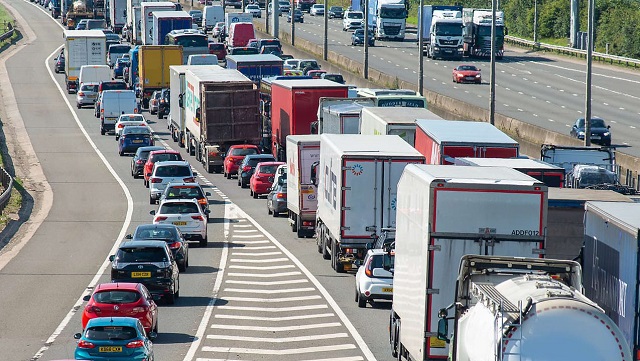
 Daily Caller2 days ago
Daily Caller2 days agoMisguided Climate Policies Create ‘Real Energy Emergency’ And Permit China To Dominate US
-

 Alberta2 days ago
Alberta2 days agoBonnyville RCMP targeted by suspect driving a trackhoe – Update
-

 Alberta1 day ago
Alberta1 day agoCharges laid in record cocaine seizure
-
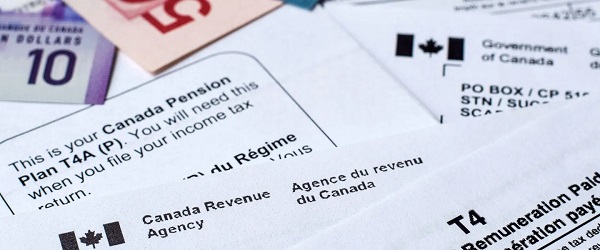
 Business2 days ago
Business2 days agoReality check—Canadians are not getting an income tax cut
-

 COVID-191 day ago
COVID-191 day agoStudy finds nearly half of ‘COVID deaths’ had no link to virus
-
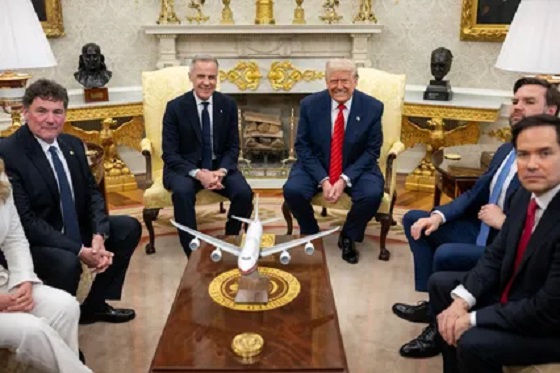
 Business2 days ago
Business2 days agoAfter successful anti-American election campaign, Carney pivots to embrace US: Hails Trump as a “transformational president”
-

 2025 Federal Election1 day ago
2025 Federal Election1 day agoCarney says Liberals won’t make voting pact with NDP
-

 Energy1 day ago
Energy1 day agoCarney’s energy superpower rhetoric falls flat without policy certainty
